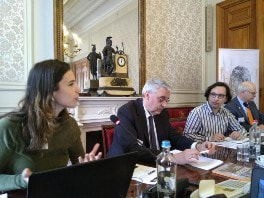 Sarah Hulsmans, Guy Rayée, Fourat Ben Chikha and Ian MacFarlane at the SWOP launch
Sarah Hulsmans, Guy Rayée, Fourat Ben Chikha and Ian MacFarlane at the SWOP launch Lack of information, misinformation, myths about sex and contraception, poor access or even no access to contraception, but also the lack of dialogue about contraception use and pregnancy between partners cause many (young) women to become pregnant unplanned. These challenges mean that one of the most fundamental choices, to become pregnant or not, is not a free and informed choice for many women worldwide. This is the gist of the State of The World Population report by the United Nations Population Fund (UNFPA), 2022.

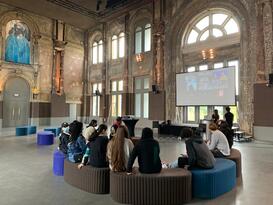
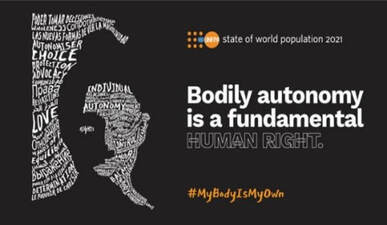
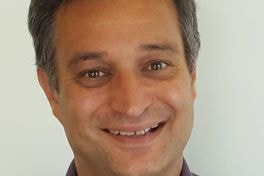


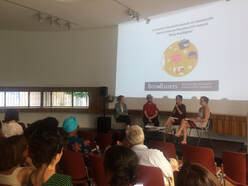
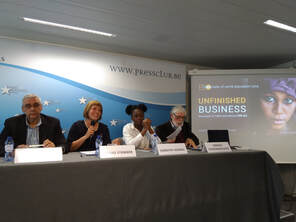
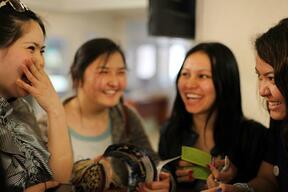
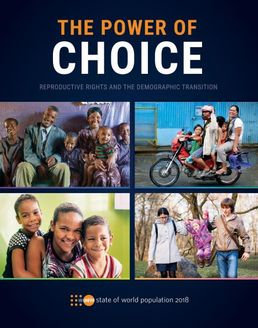
 RSS Feed
RSS Feed